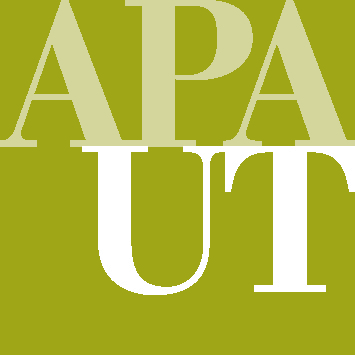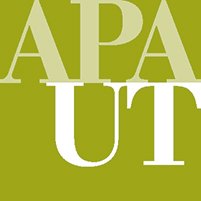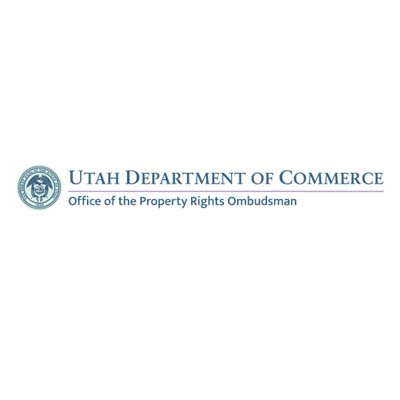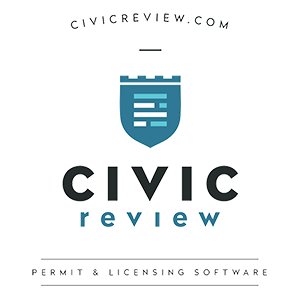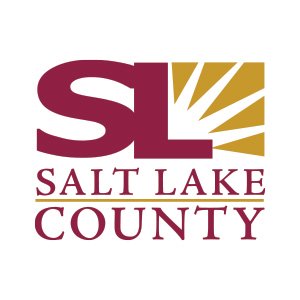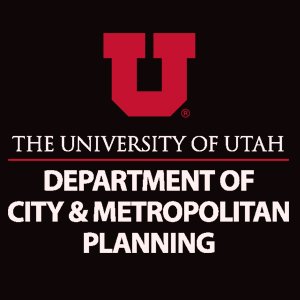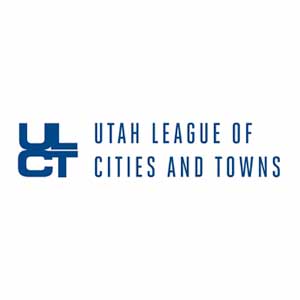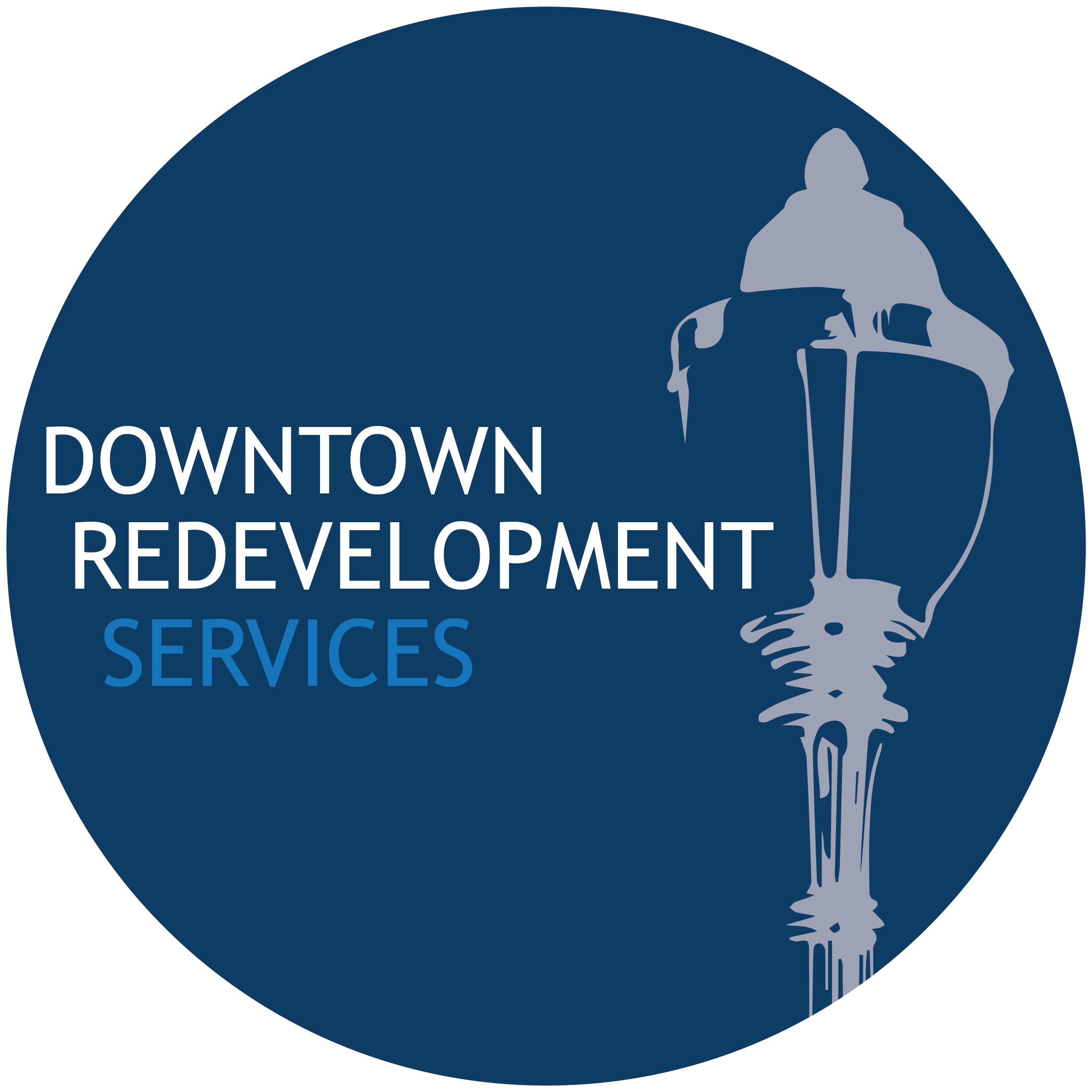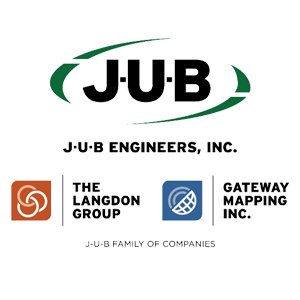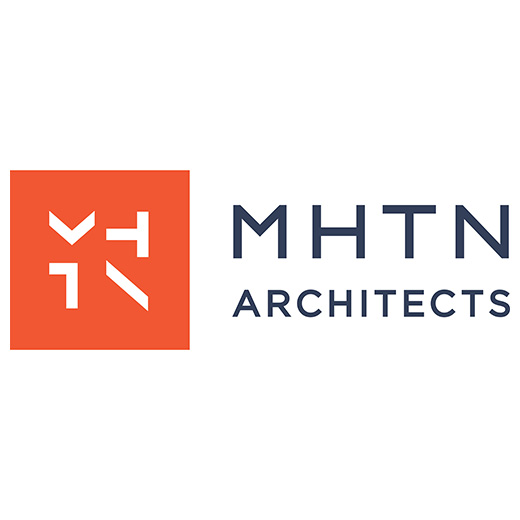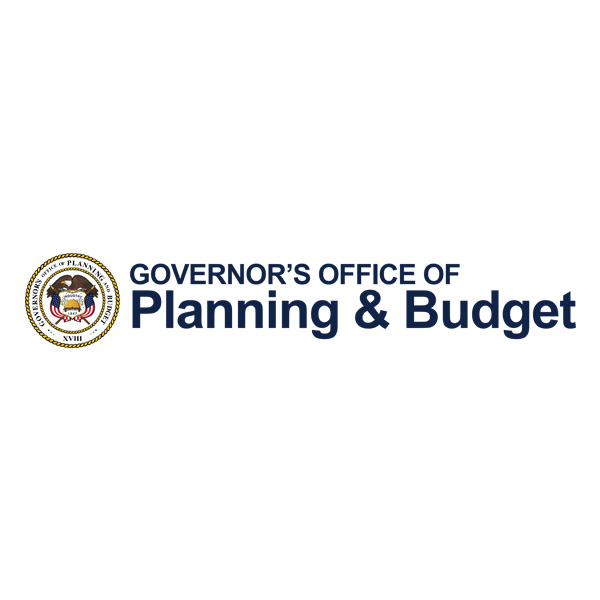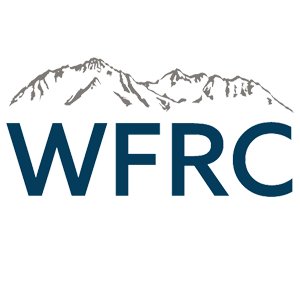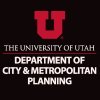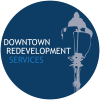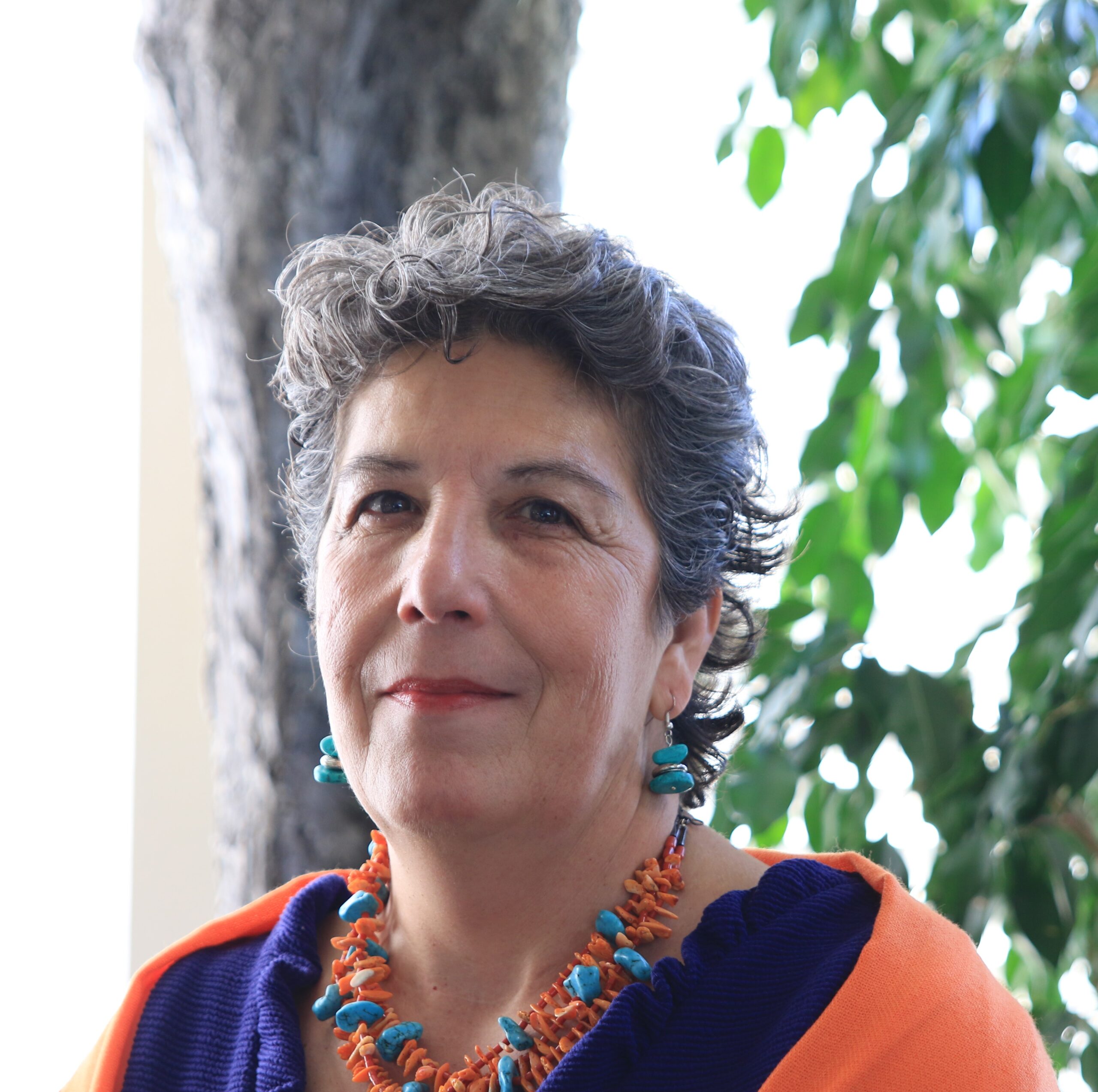
Andrea Garfinkel-Castro
Community and Economic Development Director, WFRC
Andrea Garfinkel-Castro, PhD, is founder and President of Transport Futures, a research institute looking at issues of transport governance, policy and practice. A key project is Crosswalks Academy, a novel citizen scientist-based data collection research project aimed at informing the development of more affordable pedestrian safety interventions for low-income communities everywhere. Andrea collaborates with partners around the world to better understand the governance and planning of transportation, generally, and the issues of pedestrians, specifically. She has taught university courses on qualitative research methods, ecology, and communication. She is trained in ABCD—Asset-Based Community Development. Her research and publications explore equity and justice in planning, walkability, pedestrian safety, planning governance, and planning with diverse communities. Her doctoral research examined unconscious bias and blind spots among planners and planning’s equity ‘talk-walk gap.’ She continues to find insight by listening closely, reading between the lines, examining intersectional gaps, and persistently asking ‘why.’
Session(s):
Transportation Safety for All Ages »
2025 APA UT Fall Conference, October 9, 2025 3:00 pmEverybody wants safe roads, but balancing priorities is tricky. This session identifies road safety risk factors from different perspectives. Recognizing that words matter, we reflect on ways to talk about road safety that can advance a prioritization of vulnerable road users. We also highlight a traffic safety project that engaged Ogden, Utah, elementary school children in gathering traffic data as a “STEM Learning Activity.” Children learned how traffic engineers make decisions by doing field-based research.
Pardon My Blindspot »
October 9, 2025 11:30 amWe all have default planning settings, without even knowing it. What’s yours? Does housing ‘obviously’ mean single-family homes? Does ‘transportation’ automatically mean cars and roads? The 2021 AICP Code of Ethics and Professional Conduct admonishes practicing planners not to blindly resort to “a customary solution” (§A,5.2). One way to avoid blind spots is to “examine our own… unconscious biases” (§A, 1.1). Join us on a (non-judgmental) journey into our hidden and unconscious planning biases and blind spots.
I’m Biased, but I’m Trying Not to Be »
2025 APA UT Spring Conference, May 8, 2025 3:45 pmThe AICP Code of Ethics and Professional Conduct (planner’s ethics code) asks all planners to examine their cultures, practices, values, and positions to reveal and understand their conscious and unconscious biases and privileges. This recognition is a step towards serving an inclusive public interest that promotes a sense of belonging (Section A, 1.1 [paraphrased]). This statement highlights several planning concepts, including “biases.” This session will help all attendees to identify and understand our conscious and unconscious biases. “Bias” can be defined as “the action of supporting or opposing a person or thing in an unfair way because of our personal opinions that influence our judgments” (Cambridge Dictionary Online). We all carry some biases. We may recognize them. Others may be hidden from our view. Like known biases, our unrecognized biases can be harmful to achieving plans that are inclusive of public interest(s). Biases can be personal, racial, socio-economic, age, sexual orientation, education, political, religious, or something else in nature. This session will help both citizen and professional planners to, (1) identify and understand our conscious and unconscious biases, and (2) provide deliberate actions and strategies we all can take to achieve the elusive but nonetheless “inclusive public interest.”
ABCD Demo with Place It! »
2025 APA UT Spring Conference, May 7, 2025 2:15 pmJoin in a hands-on demo of Place It! to experience this creative placemaking approach to connecting with memories and place, working towards creative solutions to the many challenges facing communities and planners.
Community Engagement As Easy As ABCD »
2025 APA UT Spring Conference, May 7, 2025 1:15 pmOne of the many hats planners wear is that of community engagement facilitator. What does this look in small towns and rural communities? Learn how Asset-Based Community Development (ABCD) breaks through barriers and stale approaches, with lasting results.
 = Keynote
= Keynote
